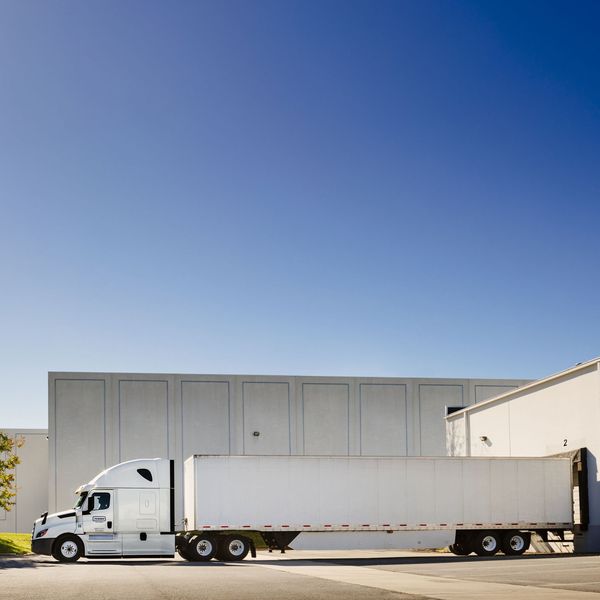Use Trailer Leases To Increase Transportation Capacity or Storage

Sudden spikes in demand, increased inventory holding requirements or the need to pull ahead freight can all strain capacity. Strategically utilizing trailers offers a flexible, scalable solution that allows fleets to quickly adapt to changing transportation or storage needs without the long-term costs of adding trucks or leasing warehouse space.
Tapping into trailer rentals or leases can provide even more agility by allowing companies to ramp up and down without making long-term, upfront capital investments.
Here are six ways fleets and shippers can increase their agility with trailer rentals or leases:
Fleet Capacity: Trailers can be added to an existing fleet of trucks to increase capacity. This flexibility is especially advantageous during peak seasons or when facing unexpected spikes in demand.
Drop-and-Hook Operations: Drop-and-hook operations can help minimize driver downtime and increase tractor utilization, ultimately increasing capacity. Preloaded trailers can be quickly exchanged at distribution centers, enabling efficient and continuous transportation.
Cross-Docking: Trailers can be placed strategically at cross-docking facilities, which speeds the transfer of goods from one trailer to another, cutting transit times and optimizing supply chain efficiency.
Short-Term Storage: The availability of warehouse space can fluctuate, and many providers require multiyear leases. Trailers can serve as temporary warehousing solutions when warehouse space is limited, unavailable in the ideal geographic location or cost-prohibitive. They can be parked strategically on-site, providing a quick and cost-effective way to store excess inventory or seasonal goods.
Positioning of Just-in-Time Inventory: Trailers can be preloaded with in-demand goods and placed near distribution centers, allowing companies to access just-in-time inventory quickly. This can be especially useful during peak periods, such as the winter holidays or seasonal promotions.
Speed Deliveries: On-demand storage space can help support operations as shippers work to speed up fulfillment delivery times. Many shippers are working to move inventory closer to consumers and trailers can provide temporary, mobile solutions while companies test new locations or reconfigure their supply chains and distribution centers to meet shifting consumer demand.
Penske offers full-service rentals and leases of 48 and 53 foot dry van trailers, 53 foot refrigerated trailers, and flatbed trailers, which include trailer maintenance and roadside support.
